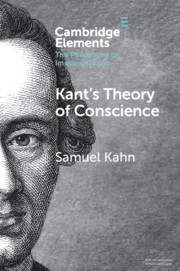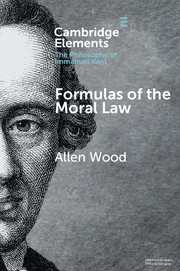The most apparent obstacles to a just, enlightened and peaceful social world are also, according to Kant, nature’s way of compelling us to realize those and other morally good ends. Echoing Adam Smith’s idea of the ‘invisible hand’, Kant thinks that selfishness, rivalry, quarrelsomeness, vanity, jealousy and self-conceit, along with the oppressive social inequalities they tend to produce, drive us to perfect our talents, develop culture, approach enlightenment and, through the strife and instability caused by our unsocial sociability, push us towards justice, political equality and the highest good. What are we to make of these arguments, which seem to rely on questionable empirical assumptions, invoke dubious claims about natural teleology and sit uncomfortably with fundamental aspects of Kant’s ethical framework? I suggest that the arguments reveal one of Kant’s deep and important insights about the moral life by partially describing what a good and virtuous person reasonably hopes for.



